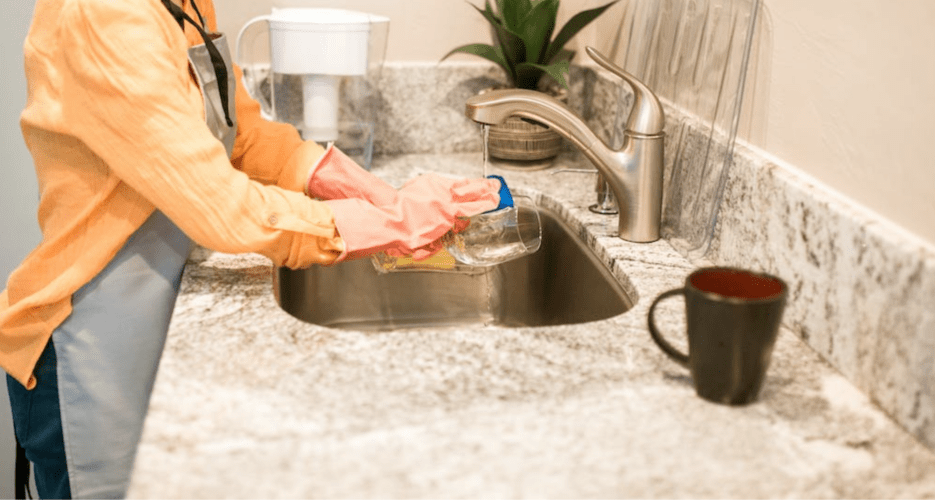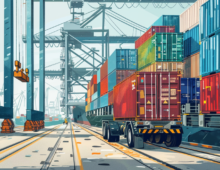The South Korean Ministry of Labor announced a pilot program to employ approximately 100 foreign domestic workers later this year. These workers, mainly from the Philippines and other countries, will be hired through state-authorized employment agencies and provided with E-9 visas. They will be expected to carry out housekeeping and childcare tasks for at least six months, with priority given to working couples, single-parent families, or households with pregnant women. A key part of the program’s intent is to alleviate the shortage of domestic helpers, aid women in continuing their careers and address the country’s low birth rate. The workers will receive remuneration equivalent to the legal minimum wage, mirroring the standard compensation for local employees.
Before entering the country, these foreign workers will undergo comprehensive screening, including checks on their career history, criminal records and Korean or English language proficiency. Those with criminal records, mental health, or drug-related issues will not be considered. Upon acceptance, they will receive training in Korean language, culture and labor laws, as well as in child abuse prevention and safety regulations. After assessing the outcome of the pilot project, the government plans to officially launch the service in the latter half of 2023.
The South Korean Ministry of Labor announced a pilot program to employ approximately 100 foreign domestic workers later this year. These workers, mainly from the Philippines and other countries, will be hired through state-authorized employment agencies and provided with E-9 visas. They will be expected to carry out housekeeping and childcare tasks for at least six months, with priority given to working couples, single-parent families, or households with pregnant women. A key part of the program’s intent is to alleviate the shortage of domestic helpers, aid women in continuing their careers and address the country’s low birth rate. The workers will receive remuneration equivalent to the legal minimum wage, mirroring the standard compensation for local employees.
Before entering the country, these foreign workers will undergo comprehensive screening, including checks on their career history, criminal records and Korean or English language proficiency. Those with criminal records, mental health, or drug-related issues will not be considered. Upon acceptance, they will receive training in Korean language, culture and labor laws, as well as in child abuse prevention and safety regulations. After assessing the outcome of the pilot project, the government plans to officially launch the service in the latter half of 2023.
Get your
KoreaPro
subscription today!
Unlock article access by becoming a KOREA PRO member today!
Unlock your access
to all our features.
Standard Annual plan includes:
-
Receive full archive access, full suite of newsletter products
-
Month in Review via email and the KOREA PRO website
-
Exclusive invites and priority access to member events
-
One year of access to NK News and NK News podcast
There are three plans available:
Lite, Standard and
Premium.
Explore which would be
the best one for you.
Explore membership options












